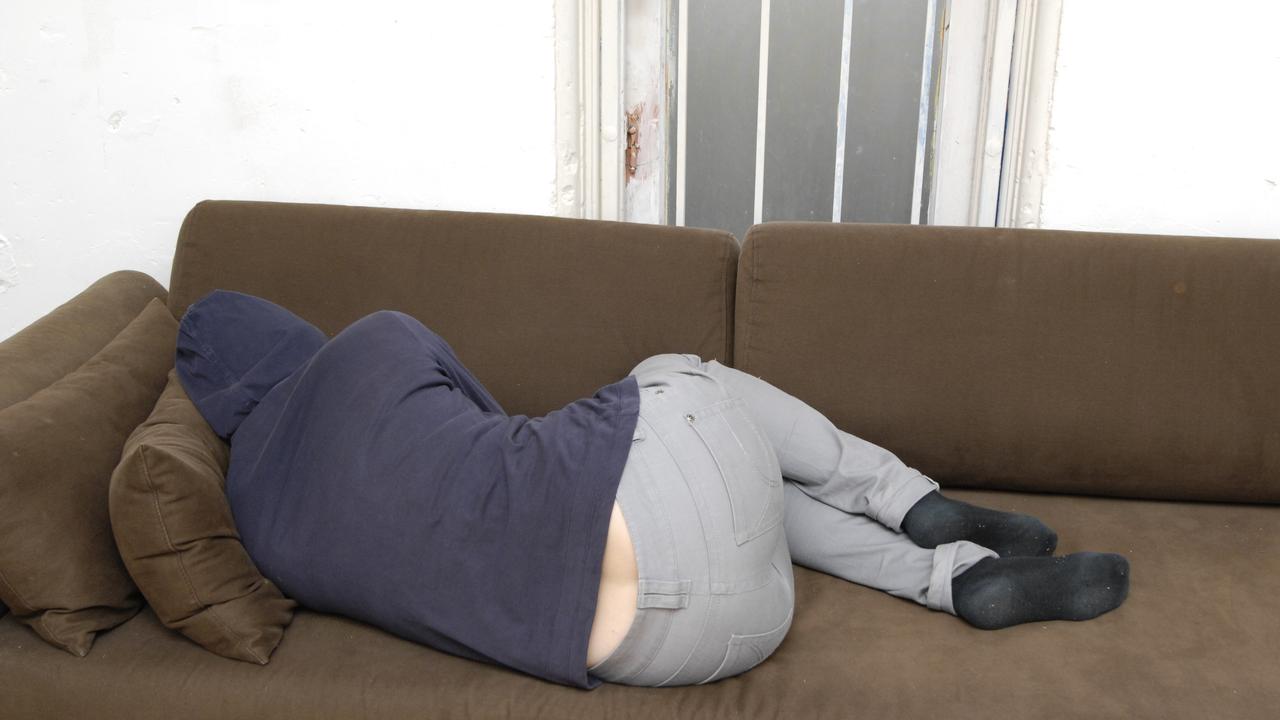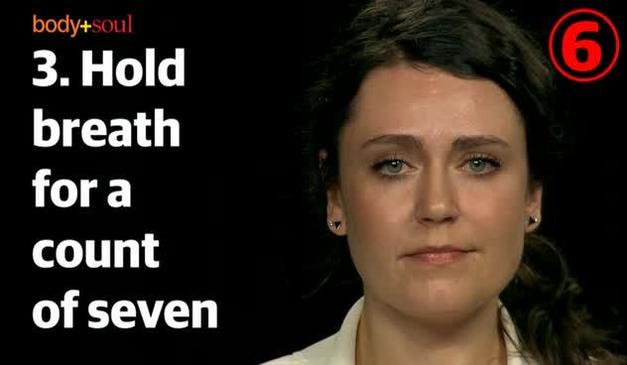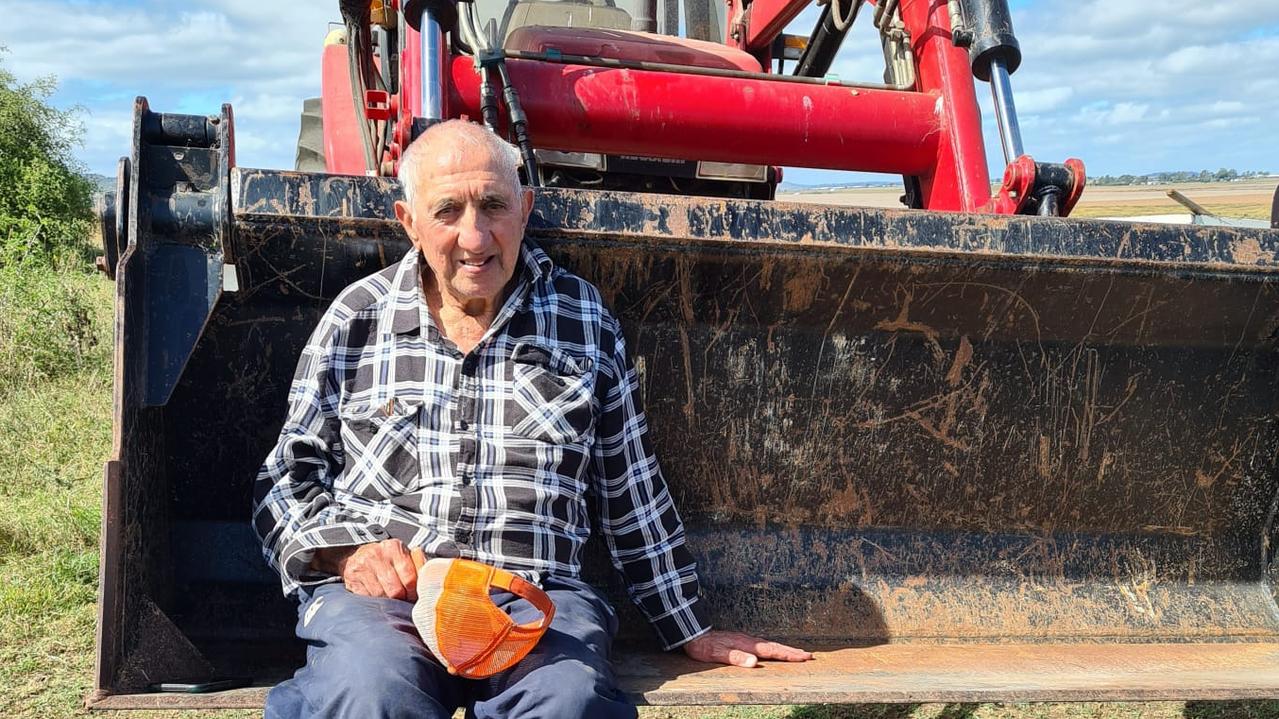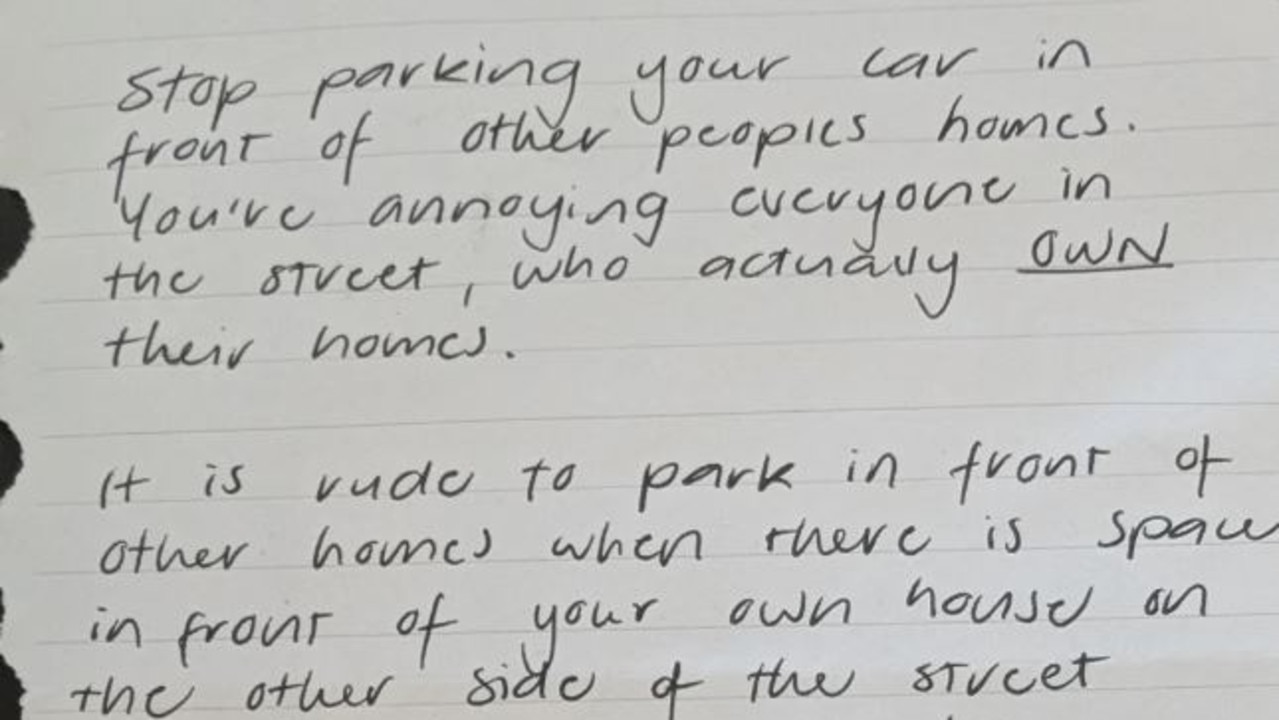Secrets to getting greater quality sleep and better health
Here are ten things you can do to get a better quality of sleep.

News
Don't miss out on the headlines from News. Followed categories will be added to My News.
TO COINCIDE with this year's Sleep Awareness Week Toowoomba sleep care provider GenesisCare has released its top ten tips to shift workers for managing sleep apnoea and fatigue.
Shift workers get on average, two hours less sleep than other workers, predisposing themselves to a range of sleep disorders, chronic diseases and mental health conditions.
According to the Australian Bureau of Statistics, Queensland has the highest proportion of shift workers in Australia, concentrated primarily in the mining, hospitality and health care industries.
Pauline Moore, a Toowoomba local who works as a sleep therapist at GenesisCare, knows all too well the negative impact shift work can have on your sleep, having previously worked night shifts as a nurse.
"The human body is synchronised to night and day by the circadian biological clock, located in the suprachiasmatic nucleus (SCN), which essentially tells our brain when to sleep and when we should be awake," Ms Moore said.
"As a shift worker, you essentially have to battle against your own natural rhythms and circadian clock, by trying to stay awake when you are programmed to be sleeping.
"While some shift workers may be able to over time adjust their body clock, many people end up developing 'shift work sleep disorder' which consists of symptoms of insomnia and excessive sleepiness.
"The long-term consequences of sleep deprivation are far reaching and can include weight gain, increased risk of workplace injuries, fertility issues, chronic diseases, higher cancer risk and depression.
"The good news is that there are a number of things shift workers can do to help their body adjust to irregular work hours and ensure they get a good night's sleep."

Top 10 'sleep easy' tips for shift workers:
- Maintain a regular sleeping schedule to allow your circadian rhythm to adjust
- Try to block out between 7 and 9 hours to sleep after a night shift
- Avoid bright lights on your way home from work, as this will make it easier for you to get to sleep once you are home
- Use block-out curtains, blinds or black plastic garbage bags to reduce the light in your bedroom during the day while you are sleeping
- Make sure the temperature in your bedroom isn't too warm - cool conditions will help you stay asleep
- Try to make your bedroom soundproof to block out any outside noise
- Avoid caffeine in the second half of your shift, however make sure you have something else to eat or drink before you go to bed
- Let your friends and family know what your working hours are and when you are sleeping.
- Turn your phone on silent or on aeroplane mode!
- If you are experiencing persistent issues getting to or staying asleep, fill out an online sleep test and consult your GP
In celebration of this year's Sleep Awareness Week, GenesisCare has launched a user-friendly interactive test which people can complete online to assess their level of sleepiness and risk of OSA.
Originally published as Secrets to getting greater quality sleep and better health







